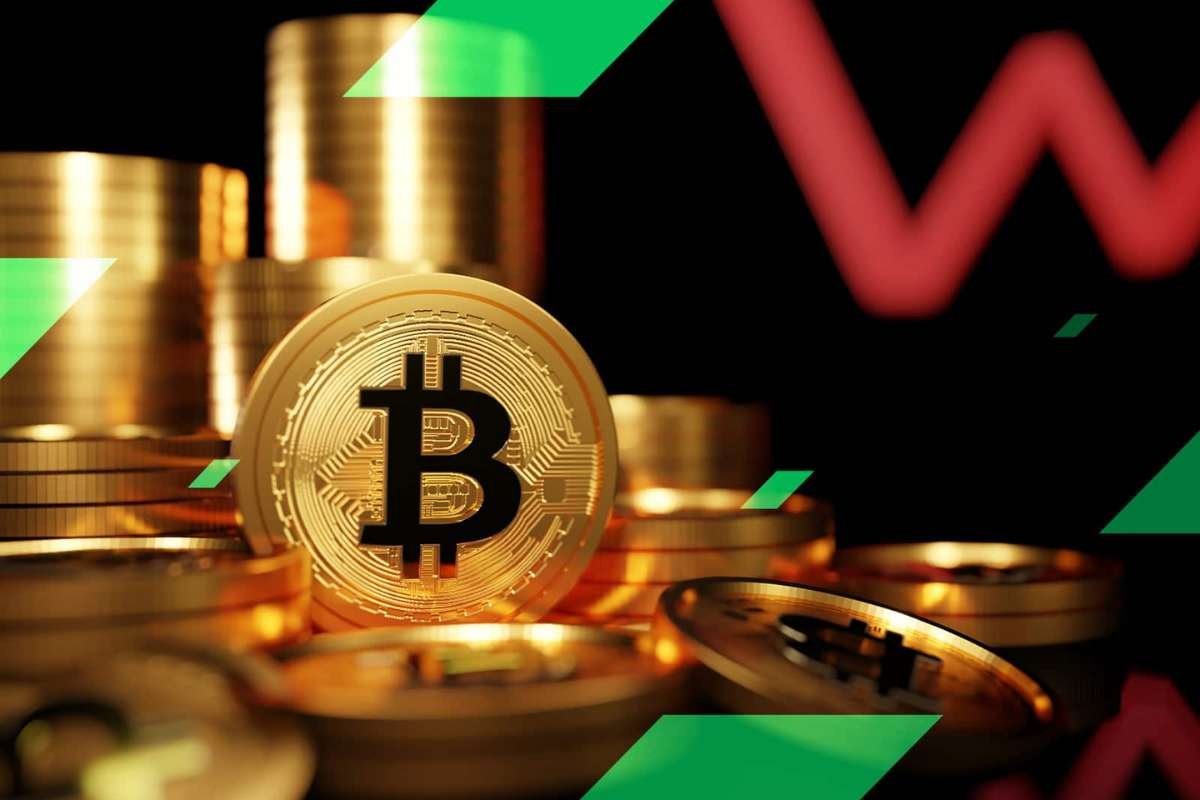Back in the winter and early spring of 2021, we witnessed one of the most spectacular trading events in stock market history, the “GameStop Short Squeeze”. A group of retail investors, propelled by users of the Reddit social media network, took on the Wall St hedge funds, which had placed heavy shorts on the stock, and won. It’s the kind of story that would make for a good Hollywood movie. Of course, we know in reality that the narrative of the little guy taking on the big hedge funds has been somewhat romanticized, not least due to the fact many hedge funds joined the short squeeze.
Nonetheless, GameStop is the first and most pertinent example of a meme stock. There have been others, ranging from AMC to Nokia to Virgin Galactic. The phrase “meme stocks” has become an official part of the trading lexicon, now found alongside other investment and financial market terms. But might we argue that the idea of the meme stock has come to an end? Certainly, nothing should surprise you in the markets, and there may well be another GameStop-like stock that catches us all off guard. But, generally speaking, the concept seems to have lost some of its allure.
There are reasons to make such an argument. Some of them are economic; others are sociological; others, still, are more speculative. It is worth noting that there is a meme stock ETF, so it’s not as if the strategy is completely dead. But it should be pointed out that many of the stocks in the ETF are mainly “established” meme stocks, and that in itself is something of an antithesis of what a meme stock is supposed to be.
ETFs may struggle to capture narrative movers
To explain, the idea of the meme stock is that it is, in internet parlance, viral. While ETF fund managers will try to rotate the basket of stocks, it’s quite hard to catch lightning in a bottle in the way the Reddit group did with GameStop. Such moves must be organic. There have been attempts at forcing the next meme stock narrative, but it largely falls flat. Like everything else online, intentional attempts to make something viral end up feeling clumsy.
When discussing the demise of the meme stock narrative, financial platforms tend to focus on a range of issues, including regulatory pressure and the fact that institutions are wiser to the potential chaos that can be caused by retail investors banding together. But we would also like to point out another important factor – timing.
It’s no coincidence that the GameStop short squeeze came about at the height of the Covid-19 pandemic. Yes, there have been meme stock successes post-pandemic, but the conditions for the spectacular move were ripest in early 2021. Retail investors, many of whom were young and stuck at home yet flush with cash, were the drivers of GameStop and other successful meme stock trades. Those conditions drove other markets in 2021, notably cryptocurrency. But they are broadly absent today.
Markets will always surprise you
As we said, markets will inevitably surprise you. And investors and traders should be well aware that they should not ignore the power of the collective. Perhaps right now, some group on Reddit, X, or Telegram is building a case to short or long something in the markets. But all too often, the movements feel a little too forced, trying to recapture the magic, so to speak.
If you are interested in meme trades, crypto markets are probably your best port of call at the moment. Although, we should, of course, suggest that you exercise caution. Cryptocurrencies, particularly large caps, have actually not been characterized by the extreme volatility of recent years, particularly in recent months. But the meme coin narrative, including coins like Pepe, Mong, Jim, and others, has seen coins create dramatic price increases and, as traders know all too well, declines. Nonetheless, those following the chatter on social media could have anticipated and executed successful trades following the meme narrative.
There is, however, a fundamental difference between meme coins and meme stocks. The former is usually based on narrative only. While there are exceptions – those behind the Pepe coin have grand plans to give the token some fundamentals and use cases – a meme coin trade is often a race to the top, then a quick exit before you become someone else’s exit liquidity. Of course, the volatility of meme coins can make for enticing short entries. A meme stock will have fundamentals, even if the idea is to pump it beyond its real market value. In fact, meme stock is probably something of a misnomer.
Another meme stock will rise
There will be other meme stocks. The reason we can be sure of this is that the interconnectivity that fostered the big meme stock trades is as strong as ever. Someone on a Reddit forum or Telegram group will light the touch paper, and it will ignite. The problem, though, might be in second-guessing where and how it happens. Don’t forget, it might not necessarily be a stock or cryptocurrency; the meme narrative went into metal futures in 2021 as well, helping swell the price of silver.
But while we might assume that the meme stock craze is over for now, particularly as the conditions that fostered it are not present in the markets, there is nothing to say that it won’t happen again. GameStop and other trades showed the immense power of retail traders, and they will never be discounted by Wall Street again.






